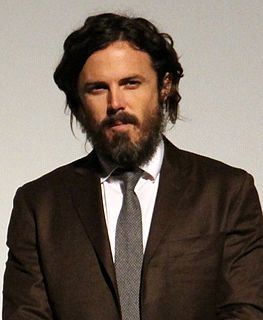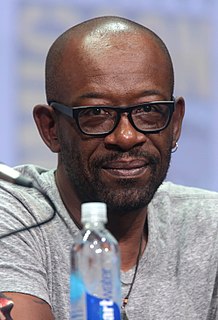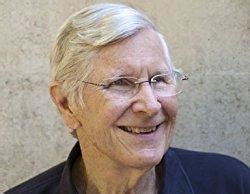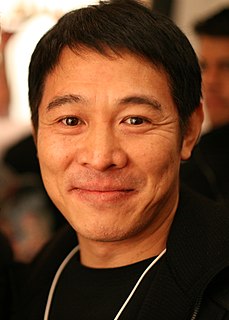A Quote by Casey Affleck
Talking to other people about a part is not helpful for me. It's such an internal and complicated and still kind of mysterious process.
Related Quotes
The only way that you can keep moving forward, finding other ways of expressing things about this increasingly complicated world that we live in, is by listening and observing not only to life around you but to the other people who are in the room. It's not about a sort of, you know, a sense that you have to be democratic about these things, it's a question of creativity that the process of making theatre is a collaborative process, and it is not in, it is not a question of, you know, I have no interest in paying lip service to it, for me it's absolutely fundamental.
My writing has to excite people and depict or include their experiences. That's part of my process - to go out and interact with people. It's very much like an archival process. I understand that the Brothers Grimm would go out and get people talking so they could document folk tales that weren't being documented any other way. I try to offer a little bit of myself - some experience from my life that evokes stories in other people.
I think about the story while I think about other things. This is an important part of the process: I look at it sideways. If I look straight at it, it produces nothing other than what seem like complicated, brilliant designs that fall apart the following morning. In some way stories mature when you're not looking.
Even if fathers are more benignly helpful, and even if they spend time with us teaching us what they know, rarely do they tell uswhat they feel. They stand apart emotionally: strong perhaps, maybe caring in a nonverbal, implicit way; but their internal world remains mysterious, unseen, "What are they really like?" we ask ourselves. "What do they feel about us, about the world, about themselves?
I've got to work with people who have had really fantastic careers and who are still lovely people to be around. So, I suppose that's kind of a big inspiration for me - to work for as long as possible but to continue to enjoy it. I want to be a part of the process, rather than just wanting the rewards.
In Germany, they were very interested in talking about their past. I respect that, and I think they've done quite well. It's become a kind of obsession, as it bloody well should, when compared, for example, to France, which hasn't done anything. France has done no work about their part in transporting eighty thousand people to their deaths. They are still the guy in the leather jacket with the onion, who's a part of La Résistance. In fact, they collaborated, not resisted.




































